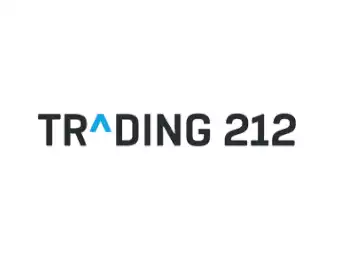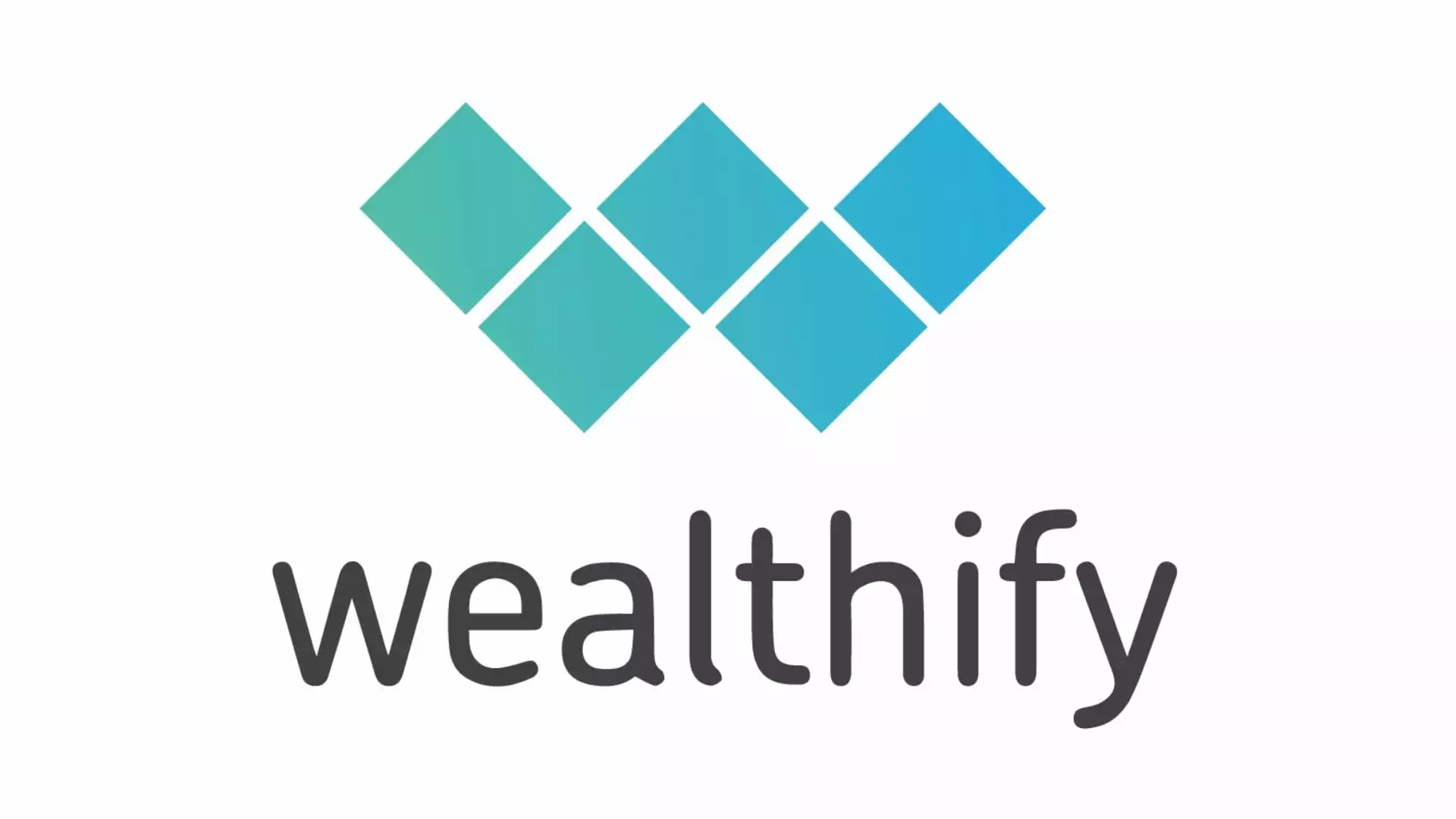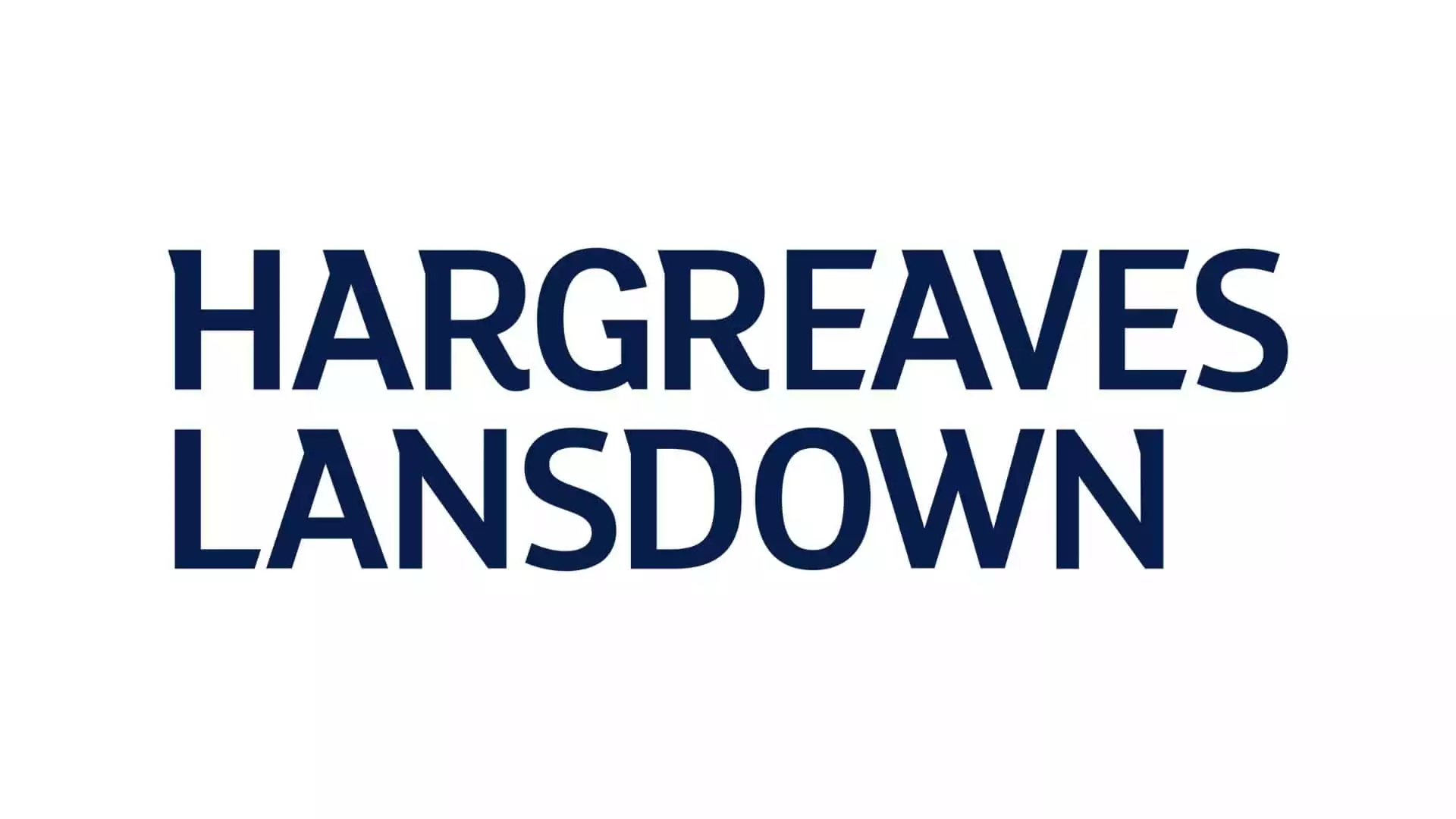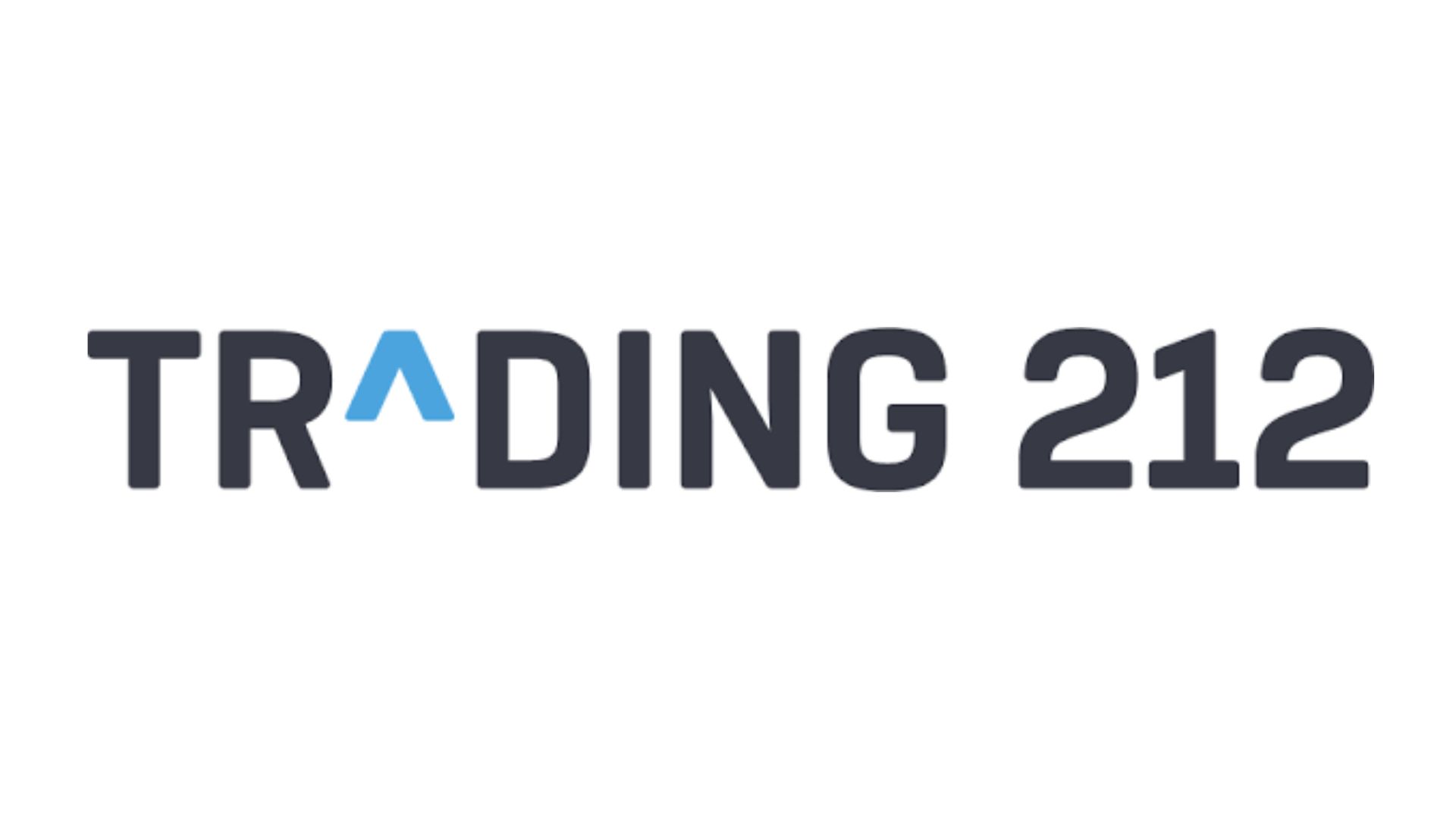Best Investing Apps In The UK 2024


Sammie Ellard-King
I’m Sammie, a money expert and business owner passionate about helping you take control of your wallet. My mission with Up the Gains is to create a safe space to help improve your finances, cut your costs and make you feel good while doing it.
Technology has changed everything.
The rise of mobile investing apps has given access to the stock market to everyday retail investors like you and me.
So, whats the best investing app right now in 2024?
The best investing app right now is eToro*. They have over 30 million investors using the app worldwide. It’s most known for it’s copy trading feature that allows you to easily copy the portfolios of some of the best investors in the world.
eToro is also commission free investing on real stocks, has a massive amount of stocks, funds and crypto available, plus the app is slick and very easy-to-use. It’s even got an inbuilt social media network where you can discuss, meet and chat with other investors, alongside a virtual account for the beginners.
eToro* is a self-invested platform so if you’re the more hands-off type then Moneyfarm is our winner.
Moneyfarm* is what’s called a robo-advisor investing platform. They take care of everything for you, asking you a series of questions to understand your risk tolerance and then match you with the best offering. Plus they offer free financial advice as part of the service.
You do pay a little bit more for the managed option, but it’s very much a set-it-and-forget-it style of investing. Great for you busy types!
All of the apps we review are regulated by the FCA (Financial Conduct Authority) and are licensed in the UK.
Sammie's Top Picks
|
4.8
|
4.5
|
|
30 million users worldwide enjoy social investing with a wide selection of stocks, funds, trusts and cryptocurrency available. |
Award-winning investing app providing free financial advice. Moneyfarm offers a selection of funds handpicked by their experts. |
|
|
|
|
|
Minimum Initial Deposit £50
|
Minimum Initial Deposit £500
|
|
eToro is a multi-asset investment platform. The value of your investments may go up or down. Your capital is at risk.
|
Capital is at risk
|
30 million users worldwide enjoy social investing with a wide selection of stocks, funds, trusts and cryptocurrency available.
- Low Trading Fees
- Social Investing
- Copy the top investors in the world
- Small withdrawal fees
Award-winning investing app providing free financial advice. Moneyfarm offers a selection of funds handpicked by their experts.
- Free financial advice
- Expert managed portfolios
- Ethical investing option
- High 1st deposit
Best Investing Apps UK - Compared
| Platform | DIY or Managed | Min 1st Deposit | Cost | Types of investments | ISAs Available |
|---|---|---|---|---|---|
| eToro - Best Investing App Overall* | DIY | £50 | Comission free on real stocks | Stocks, Stock CFDs, Index CFDs, ETF CFDs, Investment Trusts, Forex, and Commodities. | No |
| Moneyfarm - Best Expert Managed* | Managed | £500 | Free for 12 months | 0.75% - 0.35% (annual) | 7 expert managed funds | Yes |
| Trading 212 - Best ISA* | DIY | £1 | Commission free (0.15% currency conversion fee) | Stocks, ETFs, Funds, Investment Trusts and CFDs | Yes |
| InvestEngine - Best For Funds* | DIY + Managed | £100 (initial) / £25 after | No fees on DIY / 0.25% annual fee for managed | Funds only | Yes |
| Wealthify - Best For Beginners* | Managed | £1 | Annual Platform Fee: 0.75% - 0.35% | Standard or Ethical Funds | Yes |
| Hargreaves Lansdown - Most Trusted In UK* | DIY + Managed | £100 / £25 monthly | £9.95 per trade / fund fees vary / 0.45% annaual platform fee | Stocks, Funds, ETFs and Trusts | Yes |
| Wombat - Best For Themed Funds* | DIY | £10 | Costs vary by asset | Stocks and Themed Funds | Yes |
Please note when you invest your capital is at risk. If you are unsure please consult a financial advisor or a qualified professional.
eToro - Best Trading & Investing App
Key Features
- Mutli asset platform stocks, funds, crypto and more
- Low trading fees
- Min 1st deposit - £45 (£10 thereafter)
30 million users worldwide enjoy social investing with over 3000 of stocks, funds, trusts and cryptocurrency available.
Use their social features and copy trading to follow and invest with the best investors on the app.
- 0% commission on real stocks and ETFs
- Social Investing
- Copy the top investors in the world
- Regulated by the Financial Conduct Authority (FCA)
- Lack of research
What I like about eToro
eToro is perfect for beginners and equally seasoned investors alike. They make it easy to buy and sell stocks, see your portfolio performance, find investments and connect with other investors just like you.
For the more technical of us there are more advanced tools and charts available on the web version.
Investors can access eToro’s stock analysis, analyst predications and digestible research, plus they also offer users an extensive academy with free trading and investing courses.
You can also take advantage of their copy trader feature which allows you to copy some of the best performing stock traders in the world. Once you open a copy it will automatically track that investors portfolio buying and selling as they do.
eToro has a 4.4 out of 5 on Trustpilot which equals an ‘Excellent’ rating.
- Disclaimer:
eToro is a multi-asset platform which offers both investing in stocks and crypto assets, as well as trading CFDs. Please note that CFDs are complex instruments and come with a high risk of losing money rapidly due to leverage. 81% of retail investor accounts lose money when trading CFDs with this provider.
Moneyfarm - Best For Hands Off Investors
Key Features
- ISAs and Personal Pensions Available
- Annual Platform Fee: 0.75% - 0.35%
- Min deposit: £500
Award-winning investing app, offering handpicked expert-managed portfolios. Simple investing at its finest.
Min initial deposit £500
- Expert managed portfolios
- Free financial advice
- ISAs available
- Low fees
- Not for individual stock pickers
What I like about Moneyfarm
For those who are busy and just want to invest each month but not have to check their investments every day (guilty) then Moneyfarm is perfect for you.
They work by asking you a series of questions to establish your appetite for risk. Based on your answers they then match you with one of their seven funds (don’t worry you can change at any point).
Now the minimum 1st deposit is £500 so it’s not for those looking to start with a small amount.
For those looking to invest with smaller amounts but like the style of Moneyfarm, then Wealthify offers you a managed option, but with £1 as your first deposit. It does however have less of a selection.
Moneyfarm has a rating of 3.9 out of 5 on Trustpilot which scores them as ‘Great’.
Check out our Moneyfarm vs Wealthify review for more.
- Disclaimer:
Your capital is at risk when you invest. Investing can be highly volatile. Seek qualified advice if necessary and always do your research.
Trading 212 - Best ISA
Key Features
- ISAs and GIAs available (Free share when you sign up)
- 0% commision on stocks
- Min Deposit: £1
Trading 212 provides access to over 10,000 stocks, funds, ETFs and investment trusts.
They offer commission-free trading and their auto investing feature is excellent.
OUR OFFER - GET A FREE SHARE WORTH UP TO £100 WHEN YOU DEPOSIT £1 WITH OUR LINK
- Commission free trading
- Earn interest on uninvested cash
- Fantastic mobile app
- Award winning ISA
- No personal pension
What I like about Trading 212
Trading 212 is actually where I hold my own Stocks and Shares ISA.
The reason it’s not top for me is because it’s most similar app eToro offers copy trading but it doesn’t offer an ISA!
In my opinion, Trading 212 is best for those who want access to individual stocks, funds and ETFs inside of an ISA.
There simply isn’t a better option out there for me right now.
The app is brilliant. It’s so easy to understand for beginners and you get a free share worth up to £100 when you sign up!
This is backed up by incredible reviews on Trustpilot with a 4.6 out of 5 giving it a rating of ‘Excellent’.
Check out our full Trading 212 Review here.
- Disclaimer:
Your capital is at risk when you invest. Investing can be highly volatile. Seek qualified advice if necessary and always do your research.
InvestEngine - Best Fund Investing
Key Features
- ISA Available
- Annual Platform Fee: 0.75% - 0.35%
- Min deposit: £25
No buying and selling fees on their DIY portfolios for 500+ exchange-traded funds from iShares, Vanguard and Blackrock.
EXCLUSIVE OFFER - Get up to £50 BONUS when you invest your first £100 (T&C's Apply)
- One of the lowest fees on the market
- Brilliant for beginners and seasoned investors
- Fantastic customer service / 4.6/5 TrustPilot Score
- ISAs available
- Not for individual stock pickers
What I like about InvestEngine
InvestEngine currently have the lowest fees I can find anywhere for an investment app.
There are literally no platform fees for their DIY portfolios and a very low 0.25% annual charge for the ready made portfolios.
InvestEngine is all about investing in funds and they don’t offer access to individual stocks.
They work directly with some of the biggest funds in the world and it’s just a great way to encourage investors to invest in a diversified way from the off.
Their ISA is available alongside a GIA and they have been getting rave reviews from customers with a Trustpilot rating of excellent and scoring 4.6 out of 5.
- Disclaimer:
Your capital is at risk when you invest. Investing can be highly volatile. Seek qualified advice if necessary and always do your research.
Wealthify - Best For Beginners
Key Features
- ISAs and Personal Pensions Available
- Annual Platform Fee: 0.75% - 0.35%
- Min deposit: £1
Popular robo-advisor with 5 expert-managed portfolios tailored to your investing style.
- No minimum investment - portfolios start at £1
- Engaging app and user experience
- Charge a flat rate - keeping fees simple
- Not for those who want to pick individual stocks
What I like about Wealthify
For those looking for a hands off but high quality investment platform then look no further than Wealthify.
Wealthify really do keep it simple and are also part of the robo-advisor breed of investment apps.
Their approach is similar to Moneyfarm’s where they ask you questions based on your personal profile and tailor a strategy for you after this.
- Disclaimer:
Your capital is at risk when you invest. Investing can be highly volatile. Seek qualified advice if necessary and always do your research.
Hargreaves Lansdown - Best Trust Ratings
Key Features
- Established and trustworthy broker
- Annual Platform Fee: Varies by fund / £11.95 per trade (Single stocks)
- Min Deposit: £100 lump sum or £25 per month
One of the most popular investing platforms in the UK. With a range of ISAs, SIPPs and share dealing accounts.
They have over 15,000 instruments available but I think it's more suited to larger investors for individual trading and for fund investing for lower income investors.
If you have a small amount to trade with you might be better suited with another lower commission provider.
- Award winning investment and trading provider
- First class educational and research tools
- FTSE100 company and highly trusted in the UK
- Fantastic customer service
- Over 5000 5 star reviews on Trustpilot
- High individual trading fees
- Only in GBP currency
What I like about Hargreaves Lansdown
This award-winning broker has access to thousands of stocks, ETFs and index funds. HL is probably the most widely used broker for both beginners and professionals.
I hold my SIPP (private pension) with Hargreaves as it has extensive research available for funds.
The trading accounts charge up to £9.99 for a single trade so they’re not really an option for those who aren’t day traders or investing with small amounts.
They do however offer fantastic customer service, with personal account management and financial planning available alongside a range of ISAs including a Cash ISA, Lifetime ISA and Junior ISAs.
- Disclaimer:
Your capital is at risk when you invest. Investing can be highly volatile. Seek qualified advice if necessary and always do your research.
Wombat - Best For Themed Funds
Key Features
- ISAs and General Investment Acccounts available
- Annual Platform Fee: 0.10% + Fund Fees - 0.10% - 0.7%
- Min Deposit: £10
Build wealth your way. Trade global stocks and ETFs for just £10. Capital at risk.
What I like about Wombat
Wombat is relatively new to the investing app world but wow it has certainly hit the market with a storm.
The user experience on the app is second to none and the Wombat team has crafted a slick, easy-to-use and intuitive app.
You can invest in themes like tech, electric cars and luxury goods but also pick individual stocks too.
The only thing I would say is they can be slow to sell investments so it’s not suitable for those who are looking to make quick buy and sell entrances and/or exits.
- Disclaimer:
Your capital is at risk when you invest. Investing can be highly volatile. Seek qualified advice if necessary and always do your research.
Investing Apps - Buyers Guide
Investing apps have become increasingly popular among UK investors due to their convenience and accessibility. If you’re looking to start investing using an app, there are several factors to consider to ensure you choose the right one for your needs.
Here are six reasons why you might choose an investing app:
1. Low Fees
One of the biggest advantages of investing through an app is the low fees. Many investing apps offer lower fees compared to traditional brokers, which can help you save money over the long-term. Look for an app that offers low fees on trades, deposits, and withdrawals.
The Winner: If you value low fees then our suggestion would be eToro for it’s very low fees.
2. User Experience
A good investing app should have an intuitive and user-friendly interface. Look for an app that makes it easy to navigate the platform, place trades or investments, and also provides access to research and educational materials.
We meticulously test all the apps we review to ensure they suit our readers.
The Winner: In terms of user experience, our favourite by some way was Wombat. It’s slick, fast and very visual, making the experience of being on the app a lot of fun.
3. Suitability for beginners
If you’re new to investing, you’ll want to look for investment platforms that are suitable for beginners. Look for an investing app that offers educational resources, such as tutorials and videos, to help you learn the basics of investing.
We have a post about the best investing apps for beginners here.
The Winner: This would be Wealthify and we say this because of the pure simplicity of the app and their blog which was a tonne of great guides and resources. If you’re looking for educational videos and tutorials, then eToro’s academy inside the app is also excellent.
4. Customer Reviews
Before choosing an investing app, read customer reviews to get an idea of other users’ experiences. Look for apps with positive reviews and high ratings, as this indicates that users have had a good experience with the app.
The Winner: The most highly rated out of all our apps that we’ve reviewed is eToro with 4.3 on Trustpilot, closely followed by Hargreaves Lansdown which has 4.2.
5. Account Types
Different investing apps offer different types of accounts, such as individual investment accounts (ISAs), self-invested personal pensions (SIPPs), and general investment accounts (GIAs). Choose an app that offers the account type that suits your investment goals and preferences.
The Winner: For the sheer range of account types available and equally for the awards they have won in each account category we have selected Hargreaves Lansdown.
6. Useful Features
Look for an investing app that offers useful features, such as real-time market data, stock alerts, and investment tracking.
The Winner: This has to be eToro again and this is because their charts on both mobile and desktop are fantastic. You can also set up stock alerts and track your investments with a dashboard style view of your portfolio with live results.
Our System
We call this system our six pillar method and it allows us to rank each of the apps with a score system. In this list of investing apps we have listed them by overall score downwards.
These features can help you make informed investment decisions and stay on top of your portfolio. When first choosing an investing app, it’s important to consider your investment goals, experience level, and budget.
For instance apps like Moneyfarm and Wealthify are expert managed meaning they’re hands off but apps like eToro and Hargreaves Lansdown are more hands on meaning you pick your own investments.
By considering these factors, you can choose an app that meets your needs and helps you achieve your investment goals.
Investing For Beginners
In this section, we explain everything a beginner will need to know in order to start investing.
What is investing?
Investing is the act of allocating your money or capital into various assets with the expectation of generating a profit over time.
In simpler terms, it’s about putting your money to work for you, rather than letting it sit idle in a bank account.
The goal is to earn a return on your investment, which could be in the form of interest, dividends, or capital gains.
Essentially investing can be your ticket to building wealth and achieving financial freedom, provided you do it wisely and consistently.
Key Terminology for Beginners
-
Diversification: This involves spreading your investments across different asset classes like stocks, bonds, and real estate to reduce risk. The idea is that if one investment performs poorly, others might perform well, balancing out your losses.
-
Compound Interest: This is the interest you earn on both your initial investment and the interest that has already been added to it. Over time, compound interest can significantly boost your investment returns.
-
Risk Tolerance: This refers to your ability and willingness to withstand fluctuations in the value of your investments. Knowing your risk tolerance helps you choose the right investment options.
-
Asset Allocation: This is the strategy of dividing your investment portfolio among different asset classes such as stocks, bonds, and cash equivalents to achieve a balance between risk and reward.
-
Liquidity: This term describes how easily an asset can be converted into cash without affecting its market price. Cash is the most liquid asset, while real estate is generally considered illiquid.
-
Capital Gains: These are the profits you make when you sell an investment for more than you paid for it. Capital gains are usually subject to taxation unless you are investing inside a stocks and shares ISA.
Why invest in stocks and shares?
You might be wondering why stocks and shares are often touted as a good investment option.
The reason is simple: they offer the potential for high returns. Historically, the stock market has outperformed other investment vehicles like bonds and real estate over the long term.
Wider Benefits of Investing in Stocks and Shares
-
Beating Inflation: One of the key advantages of investing in stocks is the potential to outpace inflation. While the cost of living rises, your investments can grow at a rate that exceeds inflation, preserving your purchasing power.
-
Compounding: The power of compound interest works exceptionally well with stocks, especially if you reinvest your dividends. Over time, your wealth can grow exponentially.
-
Financial Freedom / Choice: Investing in stocks can provide you with the financial freedom to make choices that align with your lifestyle, whether it’s early retirement, travelling the world, or starting your own business.
-
Ownership: When you buy shares, you become a part-owner of the company. This gives you voting rights and a say in the company’s future.
-
Asset Stacking: Investing allows you to build a diversified portfolio of assets that can work in synergy to grow your wealth over time.
-
Higher Returns Than Savings Accounts: Generally, the returns on stocks are much higher than what you would earn from a standard savings account, making it a more lucrative option for growing your money.
Investing in stocks and shares does come with its set of risks, but if you invest wisely, diversify your portfolio, and hold onto your investments for an extended period, the risks can be mitigated, and the rewards can be substantial.
How To Invest Money Safely?
Safety is paramount when it comes to investing, especially for beginners. Here are some tips to invest your money safely:
-
Diversify: Don’t put all your eggs in one basket. Spread your investments across different asset classes like stocks, bonds, and real estate.
-
Start Small: If you’re new to investing, it’s advisable to start with a small amount that you can afford to lose. This will give you the room to learn without risking significant financial loss.
-
Research: Before investing in any asset, do thorough research. Understand the market trends, company performance, and other factors that could impact your investment.
-
Consult Experts: If you’re unsure about where to invest, consider seeking advice from financial advisors or experts in the field.
-
Use Trusted Platforms: Always use reputable investing apps or platforms, like the ones we’ve reviewed here, to ensure that your investments are secure.
Best Ways To Invest Money
When it comes to investing, there are various avenues you can explore, each with its own set of risks and rewards.
While it’s essential to be aware of the different investment styles like stocks, bonds, and real estate, what’s equally important is understanding the tax benefits, strategies, and portfolio arrangements that can optimise your returns.
Tax Benefits from ISAs
In the UK, Individual Savings Accounts (ISAs) offer a tax-efficient way to invest. They differ from trading apps but offer access to the same investments in many cases.
Any gains you make from investments held within an ISA are free from capital gains tax, and you don’t have to pay income tax on interest or dividends either.
This can significantly boost your overall returns and is an excellent way for beginners to get started with investing.
Strategy and Long-Term Approach
Investing is not a get-rich-quick scheme; it’s a long-term commitment.
A well-thought-out strategy can be your best ally in achieving financial freedom. One of the most effective strategies for beginners is to invest in low-cost index funds or Exchange-Traded Funds (ETFs).
These funds aim to replicate the performance of a specific market index, offering diversification and lower risk compared to picking individual stocks.
Index Funds and ETFs: A Beginner’s Best Friend
Index funds and ETFs are particularly well-suited for beginners for several reasons:
Low Costs: These funds generally have lower fees compared to actively managed funds, which means more of your money is invested rather than spent on charges.
Diversification: By investing in an index fund or ETF, you’re essentially buying a small piece of every company in that index, offering a level of diversification that would be hard to achieve otherwise.
Passive Management: These funds are passively managed, meaning they aim to mirror the performance of the index they track. This takes the pressure off you to constantly monitor and make decisions about your investments.
Learning Curve: Investing in index funds or ETFs allows you to gain exposure to the stock market’s nuances without the need for in-depth knowledge about individual companies.
Portfolio Arrangement
When you’re just starting, it’s advisable to keep your portfolio simple. A good rule of thumb is to start with a maximum of 10-15 individual stocks.
This allows you to diversify your investments while still being able to keep an eye on each one. As you gain more experience and confidence, you can consider expanding your portfolio, but remember, diversification is key to mitigating risk.
The 80/20 Strategy: Balancing Risk and Growth
One popular investment strategy that many seasoned investors swear by is the 80/20 rule. This is also a strategy I adopt now myself.
This strategy suggests allocating 80% of your investment portfolio to low-risk, diversified assets like index funds or ETFs, and the remaining 20% to individual stocks.
Here’s why this approach is worth considering:
Risk Mitigation: By keeping the majority of your investments in diversified funds, you’re spreading your risk across a broad range of assets. This can help cushion the blow if any single investment performs poorly.
Steady Growth: Index funds and ETFs generally offer steady, long-term growth. While they may not provide the ‘thrill’ of picking a winning stock, they do offer a more predictable and less volatile path to wealth accumulation.
Learning and Experimentation: The 20% allocation to individual stocks gives you the room to experiment and learn about the stock market’s nuances. It allows you to take calculated risks without jeopardising your entire portfolio.
Potential for Higher Returns: Individual stocks have the potential for high returns, and having a small portion of your portfolio dedicated to these can add a layer of excitement and the possibility of greater financial rewards.
Flexibility: The 80/20 strategy is not set in stone. As you gain more experience and your financial situation changes, you can adjust the ratio to better align with your risk tolerance and investment goals.
Holistic Financial Health: This balanced approach not only aims for growth but also considers the importance of risk management, making it a well-rounded strategy for long-term financial health.
By adopting the 80/20 strategy, you’re essentially getting the best of both worlds: the stability and reliability of index funds and ETFs, along with the potential for higher returns and learning opportunities that come with individual stocks.
It’s a strategy that allows you to spread your risk while still keeping your eye on growth, making it an excellent approach for both beginners and more experienced investors.
How much should a beginner invest for the first time?
We suggest conducting a budget to understand exactly how much you can afford to invest. There are techniques such as the 50/30/20 rule which is based on 20% of your monthly salary going towards your investments.
These days you can invest from as little as £1 with some providers but really you should only invest what you’re comfortable with.
The minimum investment you should make should be unique to you!
What app is safest for beginners?
The best investment apps for beginners right now are Trading 212 and eToro. They offer banking level security and are regulated by the FCA.
Always check this before looking to invest with any provider. Those that offer FSCS protection (financial services compensation scheme) are also great because your money is protected up to the value of £85,000.
The majority offer at least some protection but depending on the app and where it’s based the levels will differ. The safest on the market in the UK is one that is financially regulated.
What should a beginner with no knowledge invest in?
In this case we suggest seeking some financial advice or look into learning the basics before investing your capital. There are services such as Wealthify and Moneyfarm which have ready made portfolios and take all of the stress away from investing.
I would also consider an approach by looking into investment funds or ETFs that give you wide access to portions of the stock market.
Types of Investing Accounts
Stocks and Shares ISAs
Stocks and Shares ISAs are a tax-free way of investing in the stock market in the UK. You can invest £20,000 per year and the profits are not subject to capital gains tax.
There are a few types of stocks and shares ISAs, including a standard, Lifetime ISA and Junior ISA. If you’re just starting out then this account type is highly recommended as with all other accounts you’ll be subject to tax.
You can check out our best stocks and shares ISAs here.
Personal Pensions
If you’re planning ahead for retirement then a personal pension is one of the best options for you.
It’s important to note that you cannot withdraw your pension until you’re 55 (soon to be 57) so any money you place into your pension need not be something you need now!
You can run a personal pension alongside a workplace pension and you can invest them both.
It’s important to know your limits though…
- 100% of your income per year
- £1,073,100 paid into your pension over the course of your lifetime
- A maximum of £40,000 paid in per year
General Investment Accounts
All investing apps will have a general investment account available. It’s the standard type of investing account you’ll find.
It’s swift and easy to set up and allows you to test out platforms without committing to opening an ISA or pension.
It is however subject to capital gains tax so if you have yet to use your ISA allowance up it might be sensible to do so first.
Profits from a GIA are free for the first £12,300 but this is the total for all your investments including any property you may have.
Investment Bonds
Investment bonds are similar to an ISA where you can wrap up your money free from tax. It is essentially a contract for a length of time whereby you’re lending the bondholder funds.
This could be a corporate or government bond. Over time you receive interest payments on the bonds.
Bonds still form a large part of many people’s portfolios but the modern investor has tended to steer clear for more favourable returns elsewhere.
Bonds are normally considered a safe investment.
Frequently Asked Questions
Most frequent questions and answers when it comes to the best investing apps UK
How to invest in small amounts?
If you can only afford to invest £1 then that’s totally fine. Investing is about creating wealth and if you can only afford a small amount each month then it is better than none at all.
At the end of the day you need to prioritise what your goals are and how long you want to achieve them in. Once you have this you can start to form a plan of how much you’ll need to invest to get there. The rest is up to you!
Where can I learn about the stock market?
There are lots of fantastic free and paid resources to get stuck into. Some of our favourite websites include Investopedia for terminology, The Motley Fool for stock insight and Seeking Alpha for in depth thought pieces.
We also have an academy packed with a tonne of free resources which you can check out here.
What are the best investing apps UK?
Some fantastic solutions are out there, but our top two are eToro and Moneyfarm.
You can also learn about the latest stock market news from apps like Finimize.
Roundup
We hope you enjoyed the best investment apps in the UK and if you have any that you think we should add to our list please be sure to let us know.
Certain apps will be better for your own investment portfolio so it’s important to do your own research throughly before committing to a product.
If you’re looking to start investing but don’t know where to start head over to our investing for beginners page.
MORE LIKE THIS
Disclaimer – please note that nothing on this page constitutes financial or investment advice. You may lose money and you may get back less than you put in. Capital is at risk when you invest.

















